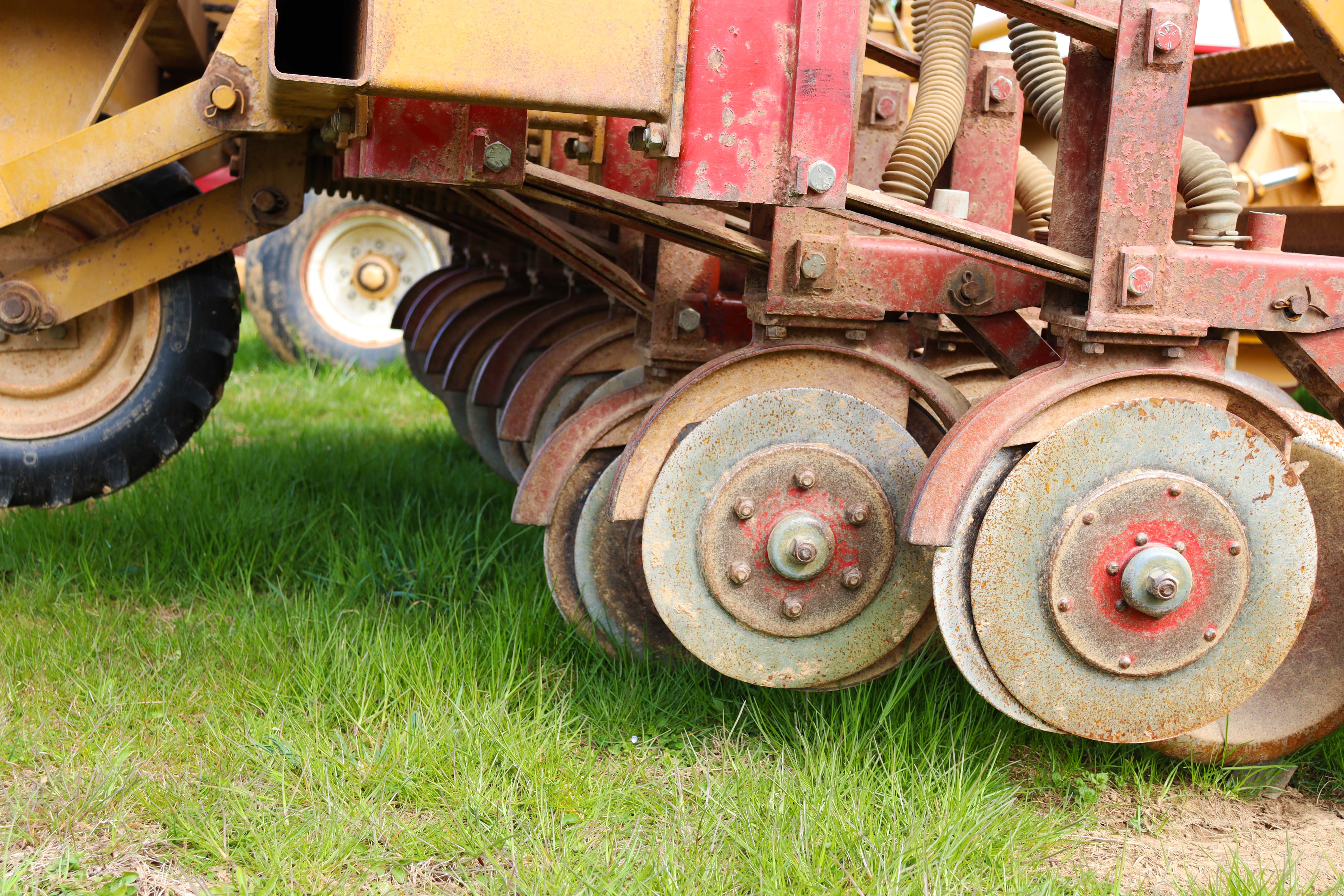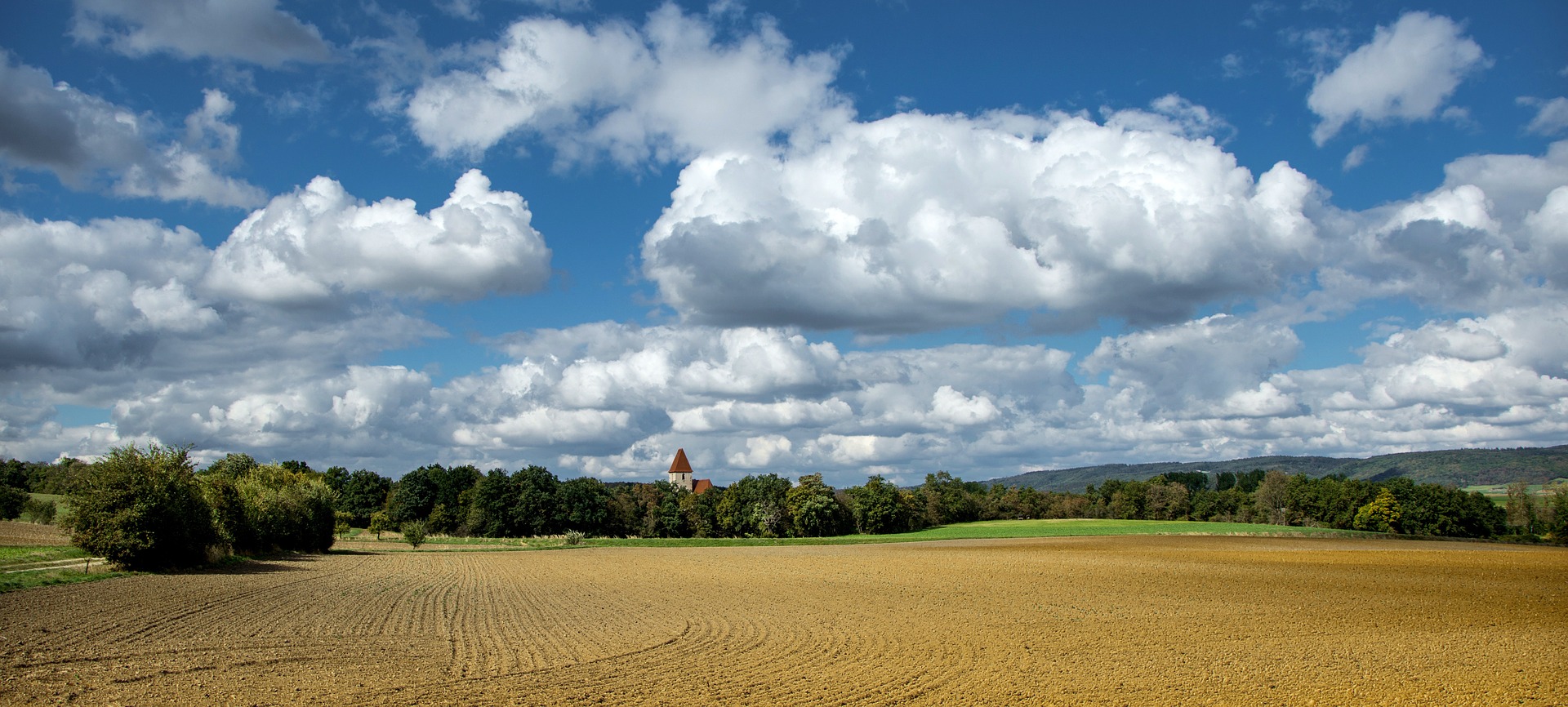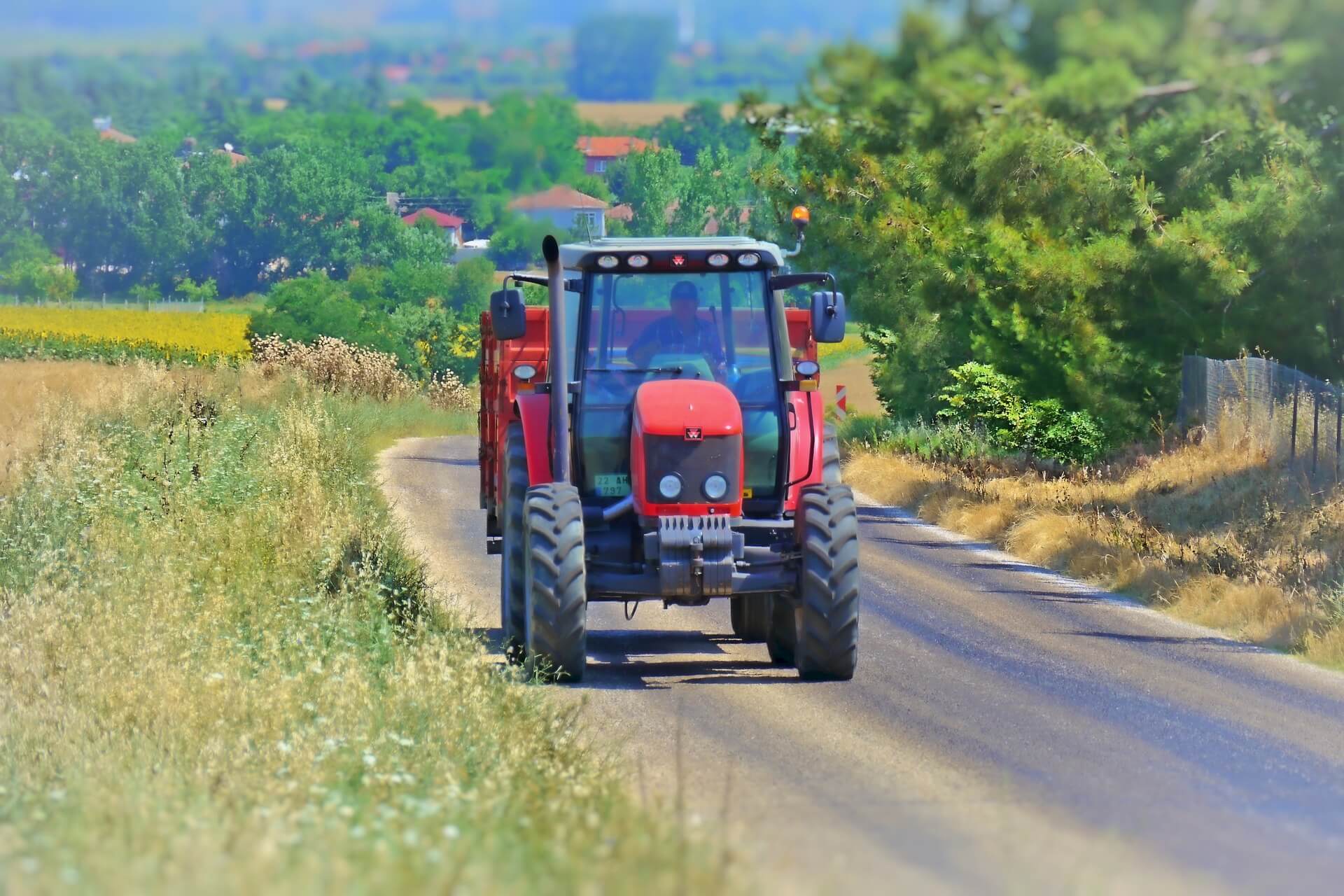Wengers Blog
-
Posted: April 14, 2023Categories: FarmingRead more »
This article discusses advanced tips and tricks for spring lawn maintenance, including clearing debris, aerating the soil, reseeding bare or thin areas, fertilizing, controlling weeds, proper watering, and regular mowing. The article emphasizes the importance of proper care and maintenance to achieve a healthy and beautiful lawn all year round. By implementing these advanced techniques, readers can take their lawn maintenance to the next level and enjoy a stunning outdoor space.
-
Posted: April 06, 2023Categories: FarmingRead more »
As farmers increasingly turn to sustainable agriculture practices, the debate between no-till and conventional farming methods has gained steam. While both methods have benefits and challenges, choosing the right one for your farm can significantly impact sustainability. Explore the advantages and disadvantages of both no-till and conventional farming, helping farmers make informed decisions about their agricultural practices.
-
Posted: March 29, 2023Categories: Farming
-
Posted: June 02, 2022Read more »
When we heard about an upcoming diesel engine rebuild project at nearby Boyertown High School, we were happy to play just a small part. Check out the full story below, as written by Andrew Schopf!
-
Posted: July 28, 2021Read more »
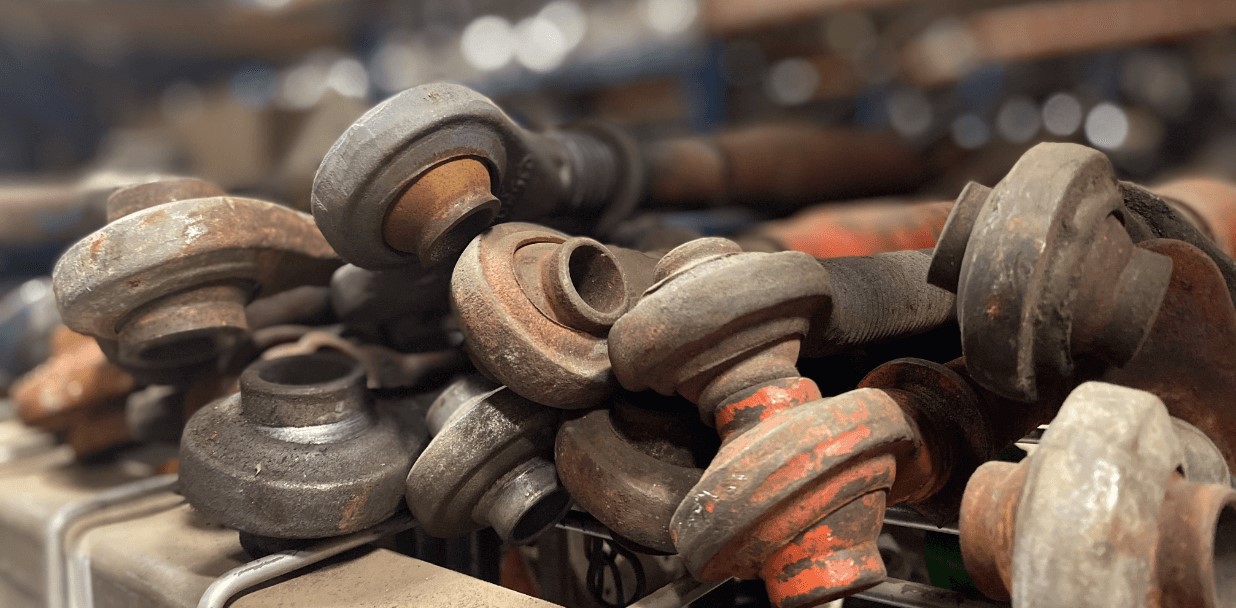

Picture this…you’re in a race against the weather -- trying to bale the last field of hay before it storms. Before you know it, your tractor comes to a screeching halt. You get out of the tractor and try to find what is wrong. To your surprise, this fix is not something you can handle on your own.
You quickly call the local equipment dealer, hoping they can help you get the diagnostic software that will find the issue. Instead, the technician tells you that farmers do not have the rights to this software. Therefore, you have to load your tractor on the trailer, take it to the dealership, and patiently wait.
Many farmers are familiar with this cycle -- they break something on their machinery, find out they don’t have the rights to repair it and are sent an expensive bill from the dealership. The cause of this issue is known as “the right to repair”.
-
Posted: July 16, 2021Read more »
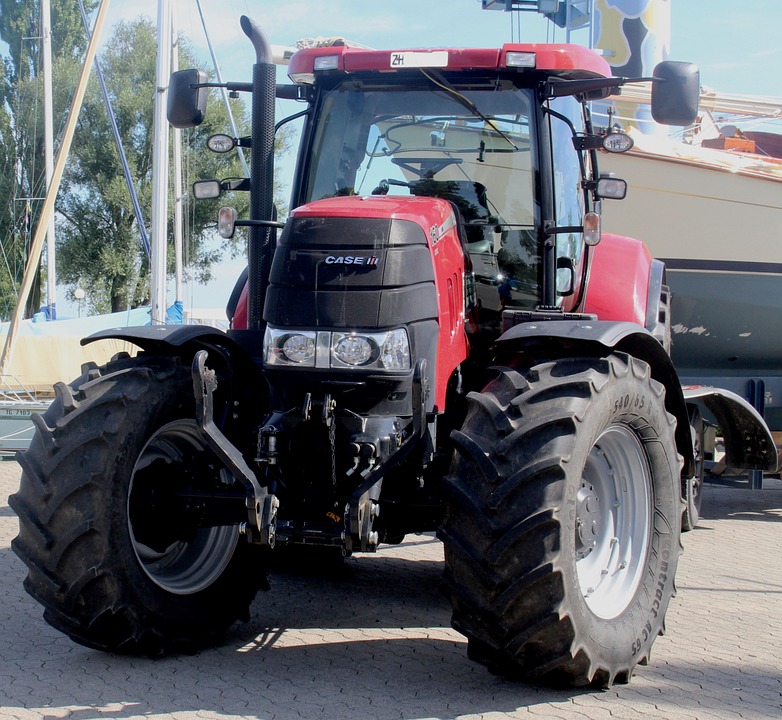

When Benjamin Holt and Charles Dinsmoor invented the first tractor, I’m sure they never expected their machine to eventually need a microchip. Yet, here we are more than a century later, waiting for more microchips to be produced.
Nearly every piece of new farm equipment these days needs a microchip to operate -- combines, tillage tools, planters, tractors, and much more. Therefore, when COVID-19 hit, toilet paper and hand sanitizer weren’t the only things farmers were worried about. The shortage of microchips caused a pressing issue within the agricultural and food industries.
-
Posted: June 09, 2021Categories: FarmingRead more »
If someone is known for updating their status, sharing a post, or commenting on a photo -- it’s most likely a millennial. People 40 years old and younger grew up around technology and social media -- these things are second nature to them. Oftentimes, this group is referred to as the transparency generation -- open and willing to learn and share new things.
Between 2015 - 2019, about 100 million acres of farmland were passed down to the generation of millennial farmers. Studies have shown that these farmers think outside of the box, and approach farming in a new way. Millennial farmers have taken their new way of thinking and applied it to the agricultural industry. There are 3 specific ways that this generation of farmers has changed the industry.
-
Posted: April 30, 2021Read more »


Carl married Margaret Buffenmeyer on December 23, 1950. They have celebrated 70 years of marriage.
They are the parents of seven children: Lloyd (Kitty) Wenger, Larry (Becky) Wenger, Nancy Layser (John), Carol Dieffenbach (Dennis), David Wenger (Gwen), Glenn Wenger (Robin) and Rose Walmer (Wally). They have 12 grand- children and 18 great grandchildren. Carl was preceded in death by two granddaughters.
His early years observing his father’s business attributes in farming and merchandising were formative years for Carl. He graduated from Myerstown High School, class of 1950, and excelled in Future Farmers of America. FFA became a life-long passion as was evidenced in his and his son’s involvement at State and National levels. He has always encouraged High School students to participate in FFA and Carl has been a life-long supporter of the organization.
-
Posted: April 29, 2021Read more »
Picture this -- you are sitting at a red light, traffic is backed up for miles, and you are running late for work. Your blood boils with anger as you look ahead and see a tractor. At this moment, you know that you will most likely be lectured by your boss after arriving at work.
Many people encounter this similar situation during the months of April through October. Whether they’re running late, impatient, or just have a need for speed, a piece of farm equipment tends to get in their way. As a result, these same individuals end up passing or tailgating the piece of farm machinery.
Machinery-related accidents are the cause for half of agricultural fatalities, and 24% of these deaths take place on a public road. The moment a farmer starts driving a piece of slow-moving equipment on the road, they are putting their life at risk.
As American farmers embark on their busiest season of the year, we would like to remind you of a few safety tips.
-
Posted: March 03, 2021Categories: FarmingRead more »

In a few short weeks, farmers across the U.S. will begin the spring planting season. Many farmers have kept their equipment in storage over the cold winter months, but now is the time to get the tractor out, wipe off the cobwebs, and prepare for the all-important months ahead! We have compiled a few tips and tricks to help you ensure your equipment is ready for the spring. Check them out here!


